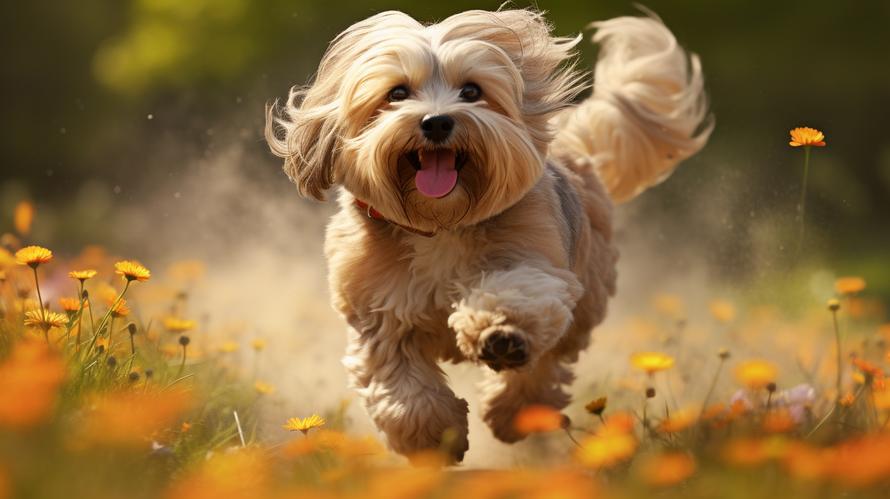Did you know that the adorable Lhasa Apso’s coat is actually a protective layer against the harsh Tibetan climate from where they originally hail? This breed is a tough little package of joy and a healthy diet plays a huge part in keeping it strong and fit. If you are a proud Lhasa Apso owner, you may be wondering, what food keeps this energetic breed healthy? Well, the answer is not so simple. As there is a variety of dog food available in the market and each Lhasa Apso might have its own unique dietary requirements and preferences.
To understand what’s best for your Lhasa Apso, let’s begin with their breed-specific needs. Lhasa Apsos are small dogs with a big dog personality. They are intelligent and vigilant. Traditionally, they were bred as indoor watchdogs in Tibetan monasteries over 1,000 years ago. This explains why even today, despite their cute appearance, they have high energy levels and a tremendous physical agility. These dogs require a balanced diet to maintain their high-energy levels and preserve their thick, long, and beautiful coat.
Protein, very essential to a Lhasa Apso’s diet, helps in muscle building and energy provision. Ideally, their diet should consist of about 18-25% protein. You can serve them chicken, beef, fish, lamb or commercially available dog food with a high protein percentage. You must remember that Lhasa Apsos are a small breed, and therefore their diet should be well-regulated to prevent obesity.
Fat is another critical nutrient for Lhasa Apsos as it provides a concentrated source of energy. A diet rich in Omega-3 and Omega-6 fatty acids helps to keep their long coat lustrous and skin healthy. However, fat should make up no more than 5-8% of their total diet as its over-consumption may lead to weight gain.
Lhasa Apsos also need a certain amount of carbohydrates in their diet. Whole grains, sweet potatoes, brown rice, fruits, and vegetables are excellent sources of carbs and fiber. These not only provide energy but also help in digestion. Meanwhile, avoid food rich in filler ingredients like wheat, corn, or soy, as they might be hard for your pet to digest and can cause allergies.
Now you may wonder, can Lhasa Apsos eat human food? Yes, but with caution. Some human foods like carrots, blueberries, and lean meat are safe for them. But food items like chocolates, onion, and grapes can be toxic. Also, heavily seasoned or spicy food can upset their stomach. Hence, it’s best to stick to dog food that is specifically formulated, keeping their dietary needs in mind.
While buying commercially available dog-food, ensure it is high-quality and meant for the small breed. Premium brands usually contain more meat and fewer fillers. They might be expensive compared to lower-grade brands, but the nutritional value they offer is incomparable. However, regardless of the food you choose, portion control remains crucial to prevent obesity.
Your Lhasa Apso’s dietary needs also change with age. Puppies typically require more protein to support their rapid growth. They should be fed multiple small meals a day, slowly transitioning to adult feeding schedules as they grow. Senior Lhasa Apsos, on the other hand, may need fewer calories as their activity levels decrease.
In conclusion, the best food for a Lhasa Apso is a balanced diet rich in protein, with the right amount of fats and carbohydrates. It’s essential to pay attention to their unique dietary needs, and adjust their food intake according to their age, weight, and health status. Always consult your vet if you notice changes in your pet’s eating habits or any health issues related to their diet. Because, at the end of the day, the health of your Lhasa Apso lies in the balance of their diet and the happiness they derive from it!



